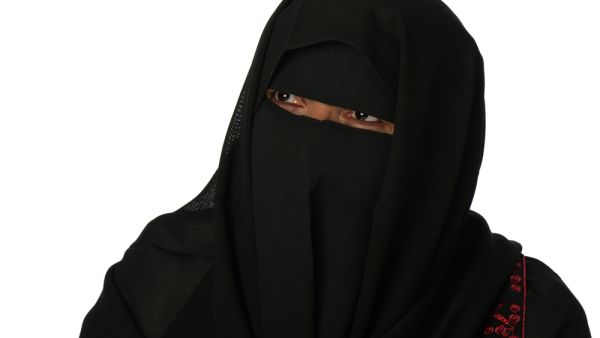- Quebec issued a religious neutrality bill forbidding public workers from wearing face coverings and burqas when accessing public services
- Reasons behind the bill include security, identification purposes, and reducing the presence of conspicuous religious symbols in public
- The law received backlash from the Muslim community
- The National Council of Canadian Muslims said it might resort to a court challenge
Muslim women will be forced to remove their face coverings and burqas to access public services, including riding a bus, under a new law passed Wednesday by the Quebec National Assembly.
Bill 62, known as the religious neutrality legislation, forbids public workers and those who wish to access a public service from wearing a face covering, including the niqab and burqa. Public workers include teachers, daycare workers, and doctors.
The bill was introduced in 2015 but was shelved after the shooting at a Quebec City mosque, where six Muslims died while at prayer Jan. 29.
The government wants to keep deep separation between state and religion - to reduce the presence of conspicuous religious symbols in public. It is considered a fundamental Quebec value that the state not promote religion.
Quebec Justice Minister Stephanie Vallee said the law is necessary for “communication reasons, identification reasons and security reasons.
“This is a bill about le vivre ensemble [living together in harmony], it’s a bill about guidelines and clearly establishes the neutrality of the state,” Vallee said.
But the Canadian Council of Muslim Women’s Samaa Elibyari said the law is disturbing because it focuses on Muslims.
“It gives the impression that we are a problem,” Elibyari said.
Montreal Mayor Denis Coderre has criticized the bill and said the province has no right to tell city workers what to wear.
He also worried about employees like bus drivers telling riders they have to remove anything that covers their faces before boarding a municipal bus.
Vallee said a woman wearing a niqab or burqa would have to remove the clothing while using public transit.
Guidelines on how to apply the law and who will do it will be phased in by the end of next June, after consultations with groups, Vallee said.
The National Council of Canadian Muslims said it is studying its options, including the possibility of a court challenge.
Vallee said she expected the bill to be tested.
"In every piece of legislation, there's a risk of it being contested by those who don't agree with it," she said.
Officials said the Muslim community would have an opportunity to give opinions on the face covering ban in the near future but it is possible to apply for an exemption.
And those who provide spiritual guidance are exempted.
Others have said the new law will not stand up to a legal challenge under the Canadian Charter of Rights and Freedoms.
- These European Countries want to Impose Saudi-Style Controls on Women's Dress
- AUB Professor Attacks Student's Hijab
This article has been adapted from its original source.








